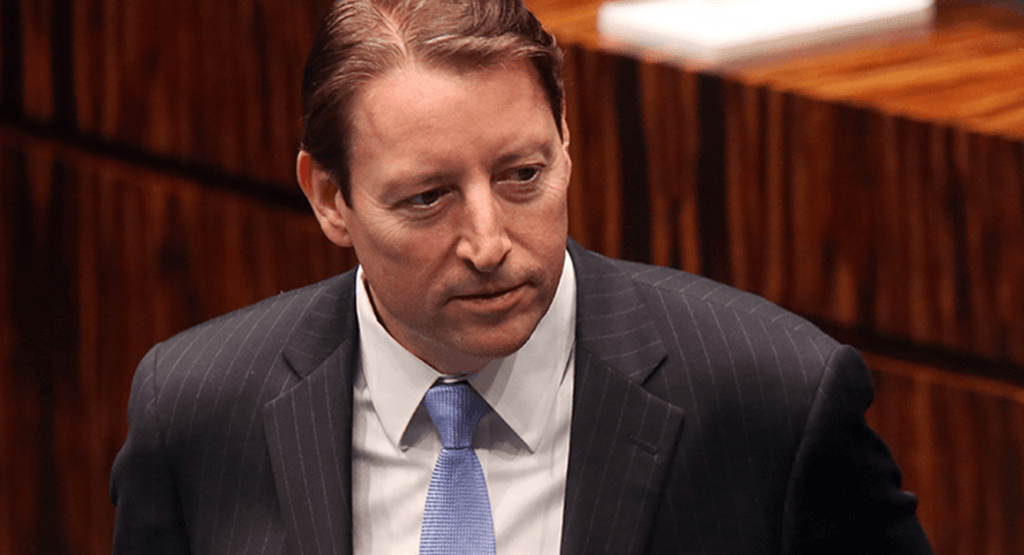Florida Disney and Seminole-Backed Gambling Bill No Happily Ever After for Sunshine State, Says Top Lawmaker
Posted on: January 24, 2018, 09:18h.
Last updated on: January 24, 2018, 09:26h.
A constitutional amendment in Florida that would put voters in control of any future gambling expansion would be damaging for the state, an influential lawmaker warned Tuesday. The bill has been largely bankrolled by Disney and the Seminoles, both major Florida business influences, with the Native American tribe currently controlling the vast majority of the state’s gambling venues.

Senator Bill Galvano, who has been at the forefront of compact negotiations with the powerful Seminole tribe, said that the amendment, if passed, would eliminate the government’s bargaining power, effectively handing the Seminoles a gambling monopoly which could result in less money for the state.
Future of Florida Gaming at Stake
Florida residents are due to vote on the amendment in next November’s referendum. Galvano suggested that lawmakers may be forced to push a gambling expansion bill through during this legislative session before the vote happens, one that finally provides a solution to the ongoing compact negotiations.
“It does require us to really look hard at any possible changes we can make in the gaming world at the parimutuel level and to solidify or make some final decisions with the Seminole Tribe,” Galvano told The News Service of Florida on Tuesday.
Because the way this amendment is worded, and it’s still being analyzed, but once it passes, if it passes, will mean the Legislature is divested of control of this issue, leaving a monopoly for the Seminole Tribe, and their continued payments to the state of Florida in jeopardy,” Galvano added.
Florida has been attempting to come to a resolution with the Seminoles for several years, even before the tribe’s previous compact expired in 2015. A proposed revenue deal that would have been worth $3 billion to the state over seven years was rejected by the Seminoles last year.
Banking on a Ruling
The legislature’s hand has already been weakened by a federal court judgment in late 2016, which ruled that gaming regulators had violated the original compact by permitting Florida’s parimutuel venues to offer banked games (those played directly against the house or a designated player), such as blackjack.
The state believed that so-called designated player games, like Three-Card Poker and Ultimate Texas Hold ’em, did not constitute banked games. But the Seminoles, as well as the judge, disagreed, saying whether against the house or a designated player, they are all banked games. According to the ruling, the violation gave the Seminoles the legal right to offer banked games exclusively until 2030.
“There is the possibility that, with the designated-player game issue not resolved, that the tribe may elect to stop paying. They have not told me that, but that’s a real possibility,” said Galvano, adding that the tribal operator’s willingness to continue to make millions of dollars in payments was entirely “contingent on their satisfaction” with state’s ability to police games and protect its monopoly.
Last Comment ( 1 )
Nice to see that the politicians who accepts contributions from ALL the out of state Pro-Casino expansion companies and lobbyists, wants to take the vote out of the hands of the people. Florida family state = no more casinos. We have plenty already! Take a look at our neighbors to the North. Atlantic City and Mississippi have both closed plenty of casinos in the last few years.